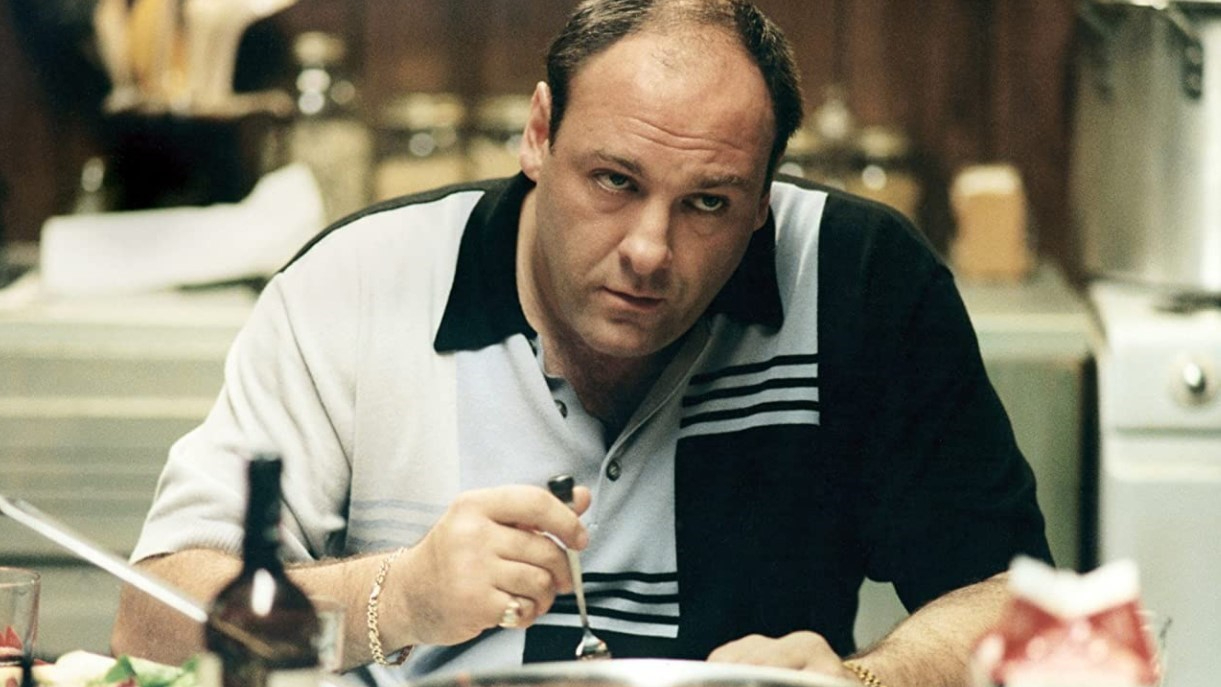
Sign up for breaking news, reviews, opinion, top tech deals, and more.
You are now subscribed
Your newsletter sign-up was successful
A lot is happening over at Warner Bros. Discovery (WBD) right now.
The company’s newly anointed top brass are canning major movies and TV shows en masse – irrespective of their cost (Batgirl) or critical reception (Gordita Chronicles) – while the threat of mass layoffs looms gloomily over those who work for its streaming divisions.
The restructuring comes as WBD attempts to trim around $3 billion from its operating costs, savings that it supposedly plans to pour back into content creation when its grand ambition – a new all-things-to-all-people super streamer – comes to pass in 2023.
The platform in question will see the conglomerate merge its existing HBO Max and Discovery Plus properties into a single, all-encompassing streaming service that provides “something for everyone in the household”, according to WBD honcho JB Perrette.
At present, WBD’s entertainment offering includes, among other networks, HBO, CNN, DC Comics, Discovery Channel, Food Network, HGTV, Magnolia Network, OWN, TBS and TNT – all of which will be folded into this as yet unnamed streamer, beginning in 2023.
Sounds good, right? Well, not really. In addition to those aforementioned employee cutbacks, the launch of said streaming service will come at the expense of HBO Max, which has flourished into a bastion of prestige programming in the two years since its launch.
Yes, HBO’s major tentpole successes – think Euphoria and Succession – will inevitably be shuffled onto this mysterious new platform, but WBD has expressed an explicit desire to trim down the production of scripted content, and suffice to say, consumers aren’t happy.
Sign up for breaking news, reviews, opinion, top tech deals, and more.
The crumbling of HBO Max before our eyes is infuriating. Not because we should love HBO unconditionally but because the service has easily the best library of classic shows and movies AND daring originals that never feel like they're made by algorithms.August 3, 2022
if HBO Max really is folding into Discovery Plus and ditching all the scripted content that might be the single dumbest decision made by any corporation in the streaming ageAugust 3, 2022
As alluded to so eloquently in the above tweets, WBD’s decision to scale down original programming spells trouble for the reputation of HBO, which is widely recognized as the foremost producer of premium television thanks to critical, commercial, and cultural hits like Game of Thrones, Chernobyl, The Sopranos, Band of Brothers, and The Wire.
Upcoming IP-based productions including House of the Dragon and The Last of Us TV show will attempt to continue that tradition, but where will the new ideas come from? WBD appears to be foolishly gambling on the notion that subscribers will turn to the unscripted content offered by the Discovery Channel, CNN, and TBS when they’re all out of premium TV to watch.

In any case, the company seems set on its new master plan for streaming. “At the end of the day, putting all the content together was the only way we saw to make this a viable business”, Perrette told analysts. Fair enough, but if HBO is to remain TV’s golden network, WBD must reassess its commitment (or lack thereof) to boundary-pushing original programming.
If not, the conglomerate risks enduring the same criticisms recently leveled at Netflix, whose squishing together of mass-produced movies, series, and reality productions has left it leaking subscribers and in the midst of a reputational spiral.
The HBO name is hallowed in the world of small screen entertainment – and Warner Bros. Discovery would be wise to remember that.

Axel is TechRadar's Phones Editor, reporting on everything from the latest Apple developments to newest AI breakthroughs as part of the site's Mobile Computing vertical. Having previously written for publications including Esquire and FourFourTwo, Axel is well-versed in the applications of technology beyond the desktop, and his coverage extends from general reporting and analysis to in-depth interviews and opinion.
Axel studied for a degree in English Literature at the University of Warwick before joining TechRadar in 2020, where he earned an NCTJ qualification as part of the company’s inaugural digital training scheme.